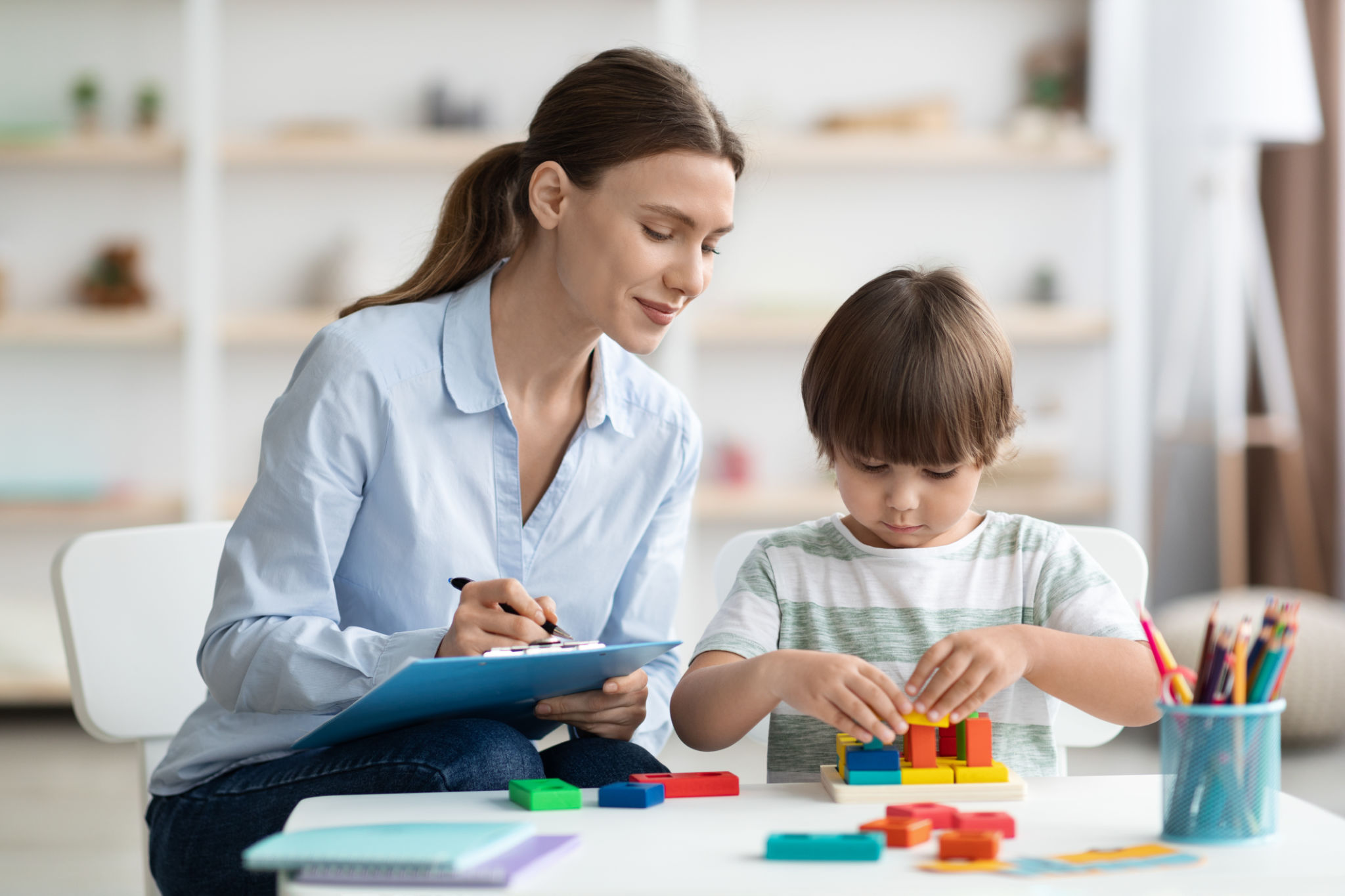Understanding Educational Psychology: A Comprehensive Guide for Parents
Introduction to Educational Psychology
As parents, understanding the principles of educational psychology can be incredibly beneficial. Educational psychology is the study of how people learn, including the various factors that impact learning outcomes. By gaining insight into this field, parents can better support their children's educational journeys.
In this comprehensive guide, we will explore the key concepts of educational psychology, its importance, and practical ways parents can apply this knowledge to foster a positive learning environment at home.

The Role of Educational Psychology
Educational psychology focuses on understanding how students learn and what teaching methods are most effective. It examines the cognitive, emotional, and social processes involved in learning and applies this knowledge to improve educational practices.
By understanding these processes, parents can help create a supportive environment that caters to their child's unique learning style. This can lead to better academic performance and a more enjoyable learning experience.
Key Theories in Educational Psychology
There are several key theories in educational psychology that provide a framework for understanding how children learn. Some of the most influential theories include:
- Behaviorism: Focuses on observable behaviors and how they're influenced by the environment.
- Cognitivism: Emphasizes the importance of mental processes and how they influence learning.
- Constructivism: Suggests that learners construct their own understanding and knowledge of the world through experiences and reflection.
Each of these theories offers valuable insights into different aspects of the learning process.

Applying Educational Psychology at Home
Parents can use principles from educational psychology to help their children succeed academically. Here are some practical tips:
- Create a structured learning environment: Consistency and routine can help children feel more secure and focused.
- Encourage active learning: Engage your child in activities that require critical thinking and problem-solving.
- Provide positive reinforcement: Acknowledge and reward your child's efforts and achievements to boost their motivation.
Understanding Individual Learning Styles
Every child has a unique learning style, and recognizing this can help parents tailor their support accordingly. Some common learning styles include:
- Visual learners: Prefer to see information and visualize the relationships between ideas.
- Auditory learners: Learn best through listening and verbal communication.
- Kinesthetic learners: Prefer hands-on activities and learning through movement.

Conclusion
Understanding educational psychology can empower parents to support their children's learning more effectively. By applying the principles and strategies discussed in this guide, parents can create a nurturing and stimulating educational environment at home.
Remember, every child is unique, and what works for one may not work for another. Stay patient, observant, and flexible in your approach to help your child reach their full potential.